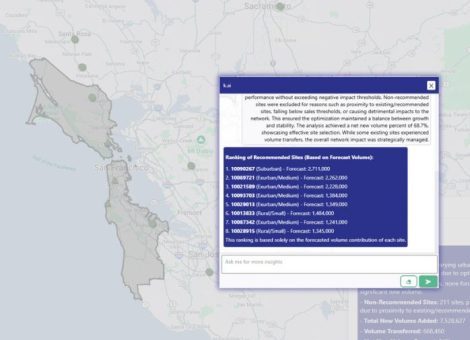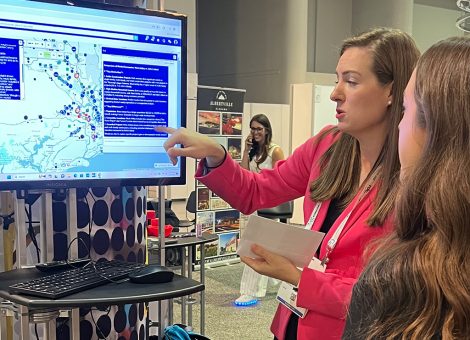2019 Canadian national retail petroleum site census
Executive summary
The 2019 Canadian retail petroleum site census, researched and published by Kent Group Ltd, part of the Kalibrate Group, is a comprehensive enumeration of the petroleum retail outlet population in Canada. This is a unique study: there is no other single industry or governmental source of such information.
As of December 31st, 2019, 11,937 retail gasoline stations were operating in Canada or 3.2 outlets for every 10,000 persons. This is an increase of eight sites over last year’s survey result, marking five years of relatively flat growth in the number of sites in Canada, averaging 0.3 % per annum. This follows a quarter-century trend that had seen the number of Canadian retail gas stations decline by over 40 %.
Increased diversity in site operation
Our census illustrates a continued diversity of brands of gasoline in Canada (we documented 93 different “brands” of gas), although the refined products sold by these brands originate primarily from 14 refineries in Canada, operated by nine refining organizations (six of which are integrated refiner-marketers). The brands represented by these refining organizations account for just over 60 % of all sites in Canada, virtually unchanged in the last fifteen years.
Increasingly, the posted brand at a gas station is becoming less indicative of the marketer relationship or ownership at that site. In 2019, over 40 % of the fuel marketers in Canada were operating portions of their network under a brand that is owned by another company, representing 37 % of stations in Canada, up from just six % 15 years ago. These marketers typically operate under a branded supply agreement with the brand owner (often a refiner such as Shell or Esso), benefitting from the brand recognition, marketing support, and loyalty programs of the established brand.
In total, we identified 67 distinct companies marketing gasoline in Canada. Of these 67 companies, 60 market at least a portion of their fuels under their own brands, representing 52 % of Canadian stations, down from 83 % of sites in 2004.
Pump price control
Nearly half of the sites in Canada (5,500) are price controlled by individual operators (retailers or dealers), while 6,500 sites are directly price controlled by refiner and non-refiner marketers, selling fuel through their controlled networks of stations. The brands owned by the three “major” oil companies (by virtue of their cross-Canada presence) of Suncor, Esso and Shell, appear at 41% of stations across Canada; only 11% come under their direct price control, however.
In 2019, the number of gas stations falling under the price control of one of the six refiner-marketers in Canada was down two%, falling to 21% of all gas stations from nearly a third of all gas stations in 2004. In late 2019, the Prince George refinery in British Columbia changed ownership from Husky Energy to Tidewater Midstream & Infrastructure Ltd., a company not involved in fuel marketing. Even though Husky Energy still has over 400 retail sites in its fuel network in Canada and is involved in refining (an upgrader plant in Lloydminster, SK and an asphalt refinery in Lloydminster AB), Husky is no longer directly involved in the production of gasoline in Canada.
Outlet features and offerings
In this report, we also measure the market representation of several site features and offerings: the type of pump service (full, self or split), convenience store size, car washes, fast food, automotive service, and diesel offerings. New to the 2019 report, we have measured the representation of electric vehicle charging stations at gasoline stations in Canada. The provision of goods or services other than gasoline is of vital importance to the competitiveness and viability of retail gasoline outlets. Research has shown that the gross margin on gasoline itself is rarely sufficient to provide for the operating costs and reasonable return on the operation of these facilities.
To find out more, purchase the full Canadian national retail petroleum site census.
Read more articles about:
UncategorizedSubscribe and get the latest updates
You may unsubscribe from our mailing list at any time. To understand how and why we process your data, please see our Privacy & Cookies Policy
Related posts
Location intelligence
AI in location intelligence: The force multiplier for smarter site selection
AI is rapidly advancing in the world of real estate - this is the first blog in a two-part series on incorporating AI...

Meet the Kalibrate team
Delivering the Kalibrate Standard: Elizabeth Butler
This blog series explores how members of our team help our clients answer their most challenging questions. Here, we...

